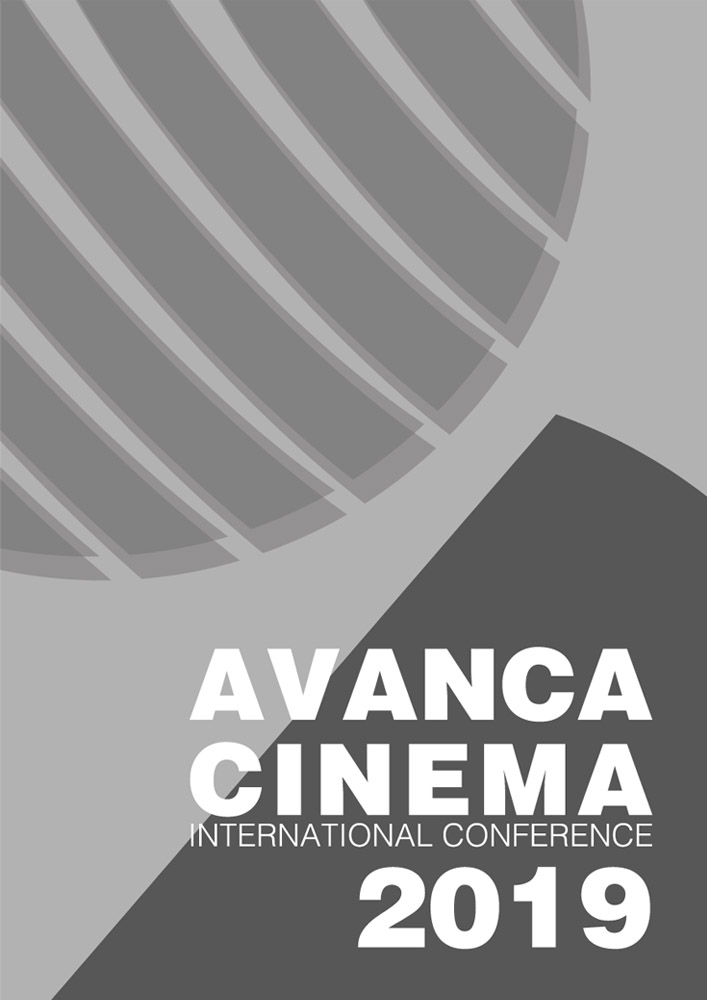Capítulo III _ Cinema - Comunicação
Cinema e Educação na construção da identidade: a partir dos discursos do cotidiano escolar.
Resumo
The focus of this article is to discuss the issues that involve the problematization of the construction of identity and the hegemonic discourses, especially the racial one, from the reflection of the reach of the cinema and its pedagogical potential in Education. The cinematographic narratives are punctuated with concepts that approach, among other subjects, equality, the emancipation of the man and the freedom, allowing a reflection that takes into account the quotidian of the classroom in the High School and extra room, with the objective to analyze the criticality relations that were built in the learning relationship. This, because we consider cinema a powerful tool for human education, education and reflection, based on experiences inside and outside the school environment, by the students. We emphasize that among the objectives of this article is the use of cinema as a vehicle and teaching-learning instrument, which makes it possible to highlight the cultural, historical, literary and political particularities, providing an unrestricted view of this art as an educational medium. We will emphasize that the correlation between knowledge and cinema goes beyond the scope of formal education, since we consider the multiplicities of knowledge presented by it, making it possible to overextend its common use as an audiovisual fomentation. We chose the film narratives used in short animated films, highlighting, among others, “Vida Maria” by Márcio Ramos and “Happiness” by Steve Cutts.

Este trabalho encontra-se publicado com a Licença Internacional Creative Commons Atribuição 4.0.

